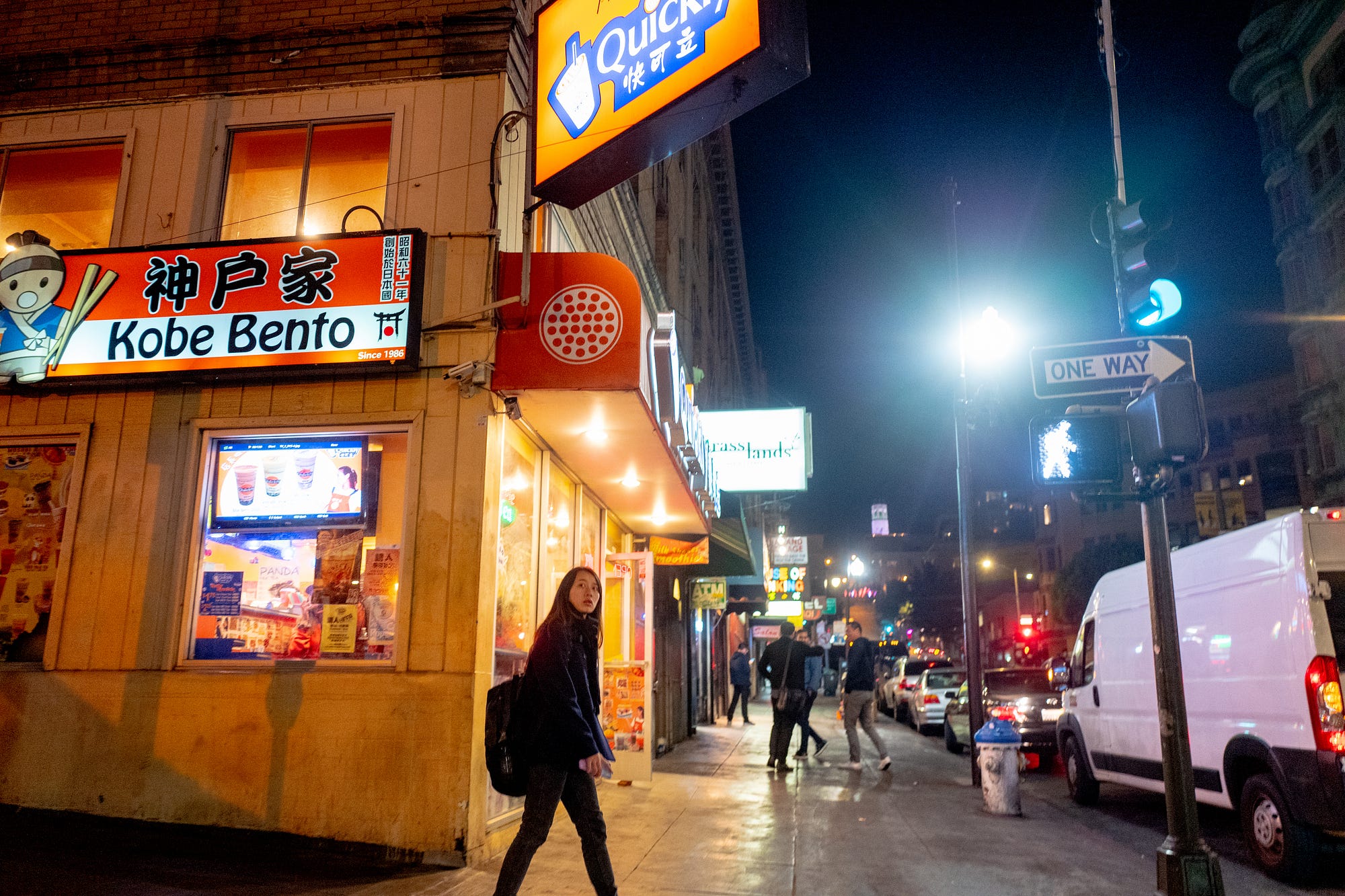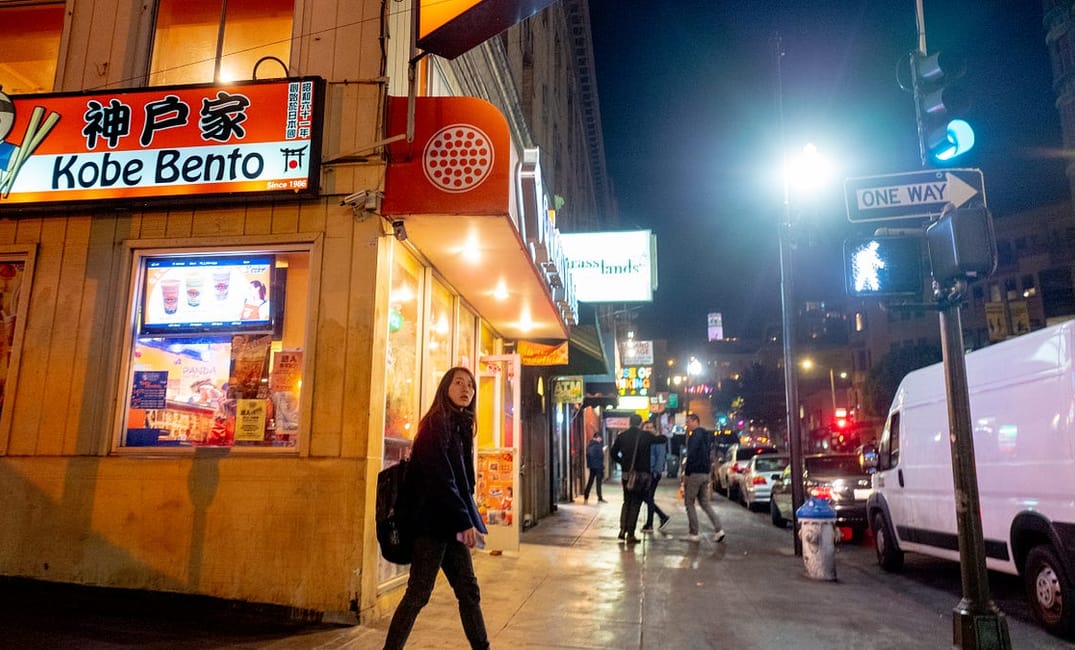
For the past week, I’ve been fighting a very mild cold, with a cough and sniffles. It’s the kind of thing that wouldn’t normally keep me at home, but I haven’t dared cough in public. As a Chinese American who happens to be sick, not with COVID-19, simply existing in what is now a global pandemic doesn’t feel safe.
Viruses don’t care about a potential victim’s race or nationality, but COVID-19 — which originated in Wuhan, China — has become racialized as an “Asian disease” even as it has quickly moved across countries and borders. Chinese and Asian Americans are often called a “model minority,” a stereotype of economic success and assimilation that glosses over the real struggles that they often face. Now, with COVID-19, society has rapidly reverted back to older stereotypes of “yellow peril,” categorizing us as a faceless horde that’s unclean and diseased.
We’re fighting against not only COVID-19 itself, but racism and xenophobia as well. Senior American officials like Mike Pompeo and Kevin McCarthy are calling the disease “Chinese coronavirus” on Twitter. News coverage of the pandemic regularly features photos of Asian faces covered in masks or generic photos of Chinatowns, leading the Asian American Journalists Association (AAJA) to call for media organizations to avoid fueling xenophobia and racism that have emerged since the outbreak.
That racialization is already having a very real effect on Asian Americans — one man was attacked in New York in a coronavirus-related hate crime — and that includes those of us here in the Bay Area.
Chinatown, a community that is nearly as old as San Francisco itself, has been hard hit.Restaurants there have seen adramatic drop in business— some as much as70%— as tourist numbers decline and racist fears of catching the disease just from being near Chinese people rise. All of this is happening in the city that has one of the largest Chinese American communities in the nation.
A patient came in asking to be tested for coronavirus simply because he had seen Chinese people.
(By comparison, no one is avoiding Italian restaurants, though Italy has emerged as one of the countries hardest hit by COVID-19 outside of China, and is now under full quarantine.)
I’ve experienced this racism firsthand in the Bay Area and have heard countless stories from others. One of my friends, who is Chinese, works at a local hospital and told me a patient came in asking to be tested for coronavirus simply because he had seen Chinese people while at the University of California, Berkeley. Yes, you heard that right. (The university recently came under fire after its health center posted on Instagram that xenophobia and “fears about interacting with those from Asia” is a “normal reaction” to coronavirus.) Another patient apparently asked, “Why do all of these diseases come from China?”
Chinese Americans are also being personally blamed for the virus. Lily Tong, a 14-year-old San Francisco resident, was verbally harassed by a fellow passenger after they both stepped off a 28–19th Avenue Muni bus. Her father posted the incident on NextDoor, and I got in touch with the family after I saw the post.
Even other Asians are discriminating against Chinese people.
Lily told me over text that the other passenger was a blonde woman she guessed to be in her seventies wearing a blue raincoat. The woman had sat near the teenager on the bus, but they hadn’t exchanged words. When they got off, Lily said the woman “turned around and cursed at me, saying something about ‘Chinese’ and ‘virus.’” “I didn’t say anything back at her because I was shocked that something like this happened to me,” Lily added.
Lily also said she had heard stories about other Asian schoolmates who had been insulted at school because of their race, but this was the first time something like this had happened to her.
Even other Asians are discriminating against Chinese people. While I was at a local donut shop in the Sunset — which, by the way, is a predominantly Asian neighborhood — another Asian woman started talking about the coronavirus, vehemently insisting that Chinese supermarkets should be shut down because they’re dirty, and dim sum restaurants should close because the tables are too close together.
I happen to be Cantonese and I love my dim sum, but I also just want to have my donut and coffee in peace, without that added side dish of xenophobia. Like Lily, I was so shocked that I didn’t know what to say.
There’s more at stake than just shock and hurt feelings. The xenophobia we’re seeing today is deep-rooted and conjures up dark moments in California’s past when fear over Chinese Americans led to pogroms, massacres, and riots. During the late 1800s, the growing Chinese population on the West Coast saw nativist fear over what was seen as the loss of jobs and labor during a depression. In Los Angeles, an 1871 massacre resulted in shootings and lynchings, while San Francisco saw a two-day pogrom against Chinese Americans and Chinatown. During this time, many Chinatowns were burned down, and entire communities expelled.
The violence culminated in the 1882 Chinese Exclusion Act, a national law that banned immigration from China and excluded Chinese nationals from eligibility for United States citizenship. It was only repealed in 1943 with the Chinese Exclusion Repeal Act (also known as the Magnuson Act), but even so, laws against Chinese and Asian Americans continued to exist throughout the country — in particular, denying them the ability to own property.
Even with the weight of this history, in my own small way, I’ve been trying to fight against the racist fear of contracting the virus from Asians. I still continue to live my life, to go on what are now gloriously empty Muni trains and buses. I go on birdwatching walks because birds do continue to sing, even during a pandemic. I say hello to my neighbors, and although some of them give me odd looks, the vast majority say hello back and smile. I strike up random conversations with strangers from a safe social distance because yeah, I’m an extrovert and I like to chat. No matter what lies ahead with coronavirus, we’re all connected, and we’re all in this together.
In France, French Asians who are seeing similar racist attacks protested by declaring, “I’m not a virus, I’m a person.”
I would also add: I’m your neighbor. I’m your friend. And I’m a proud Chinese American.







